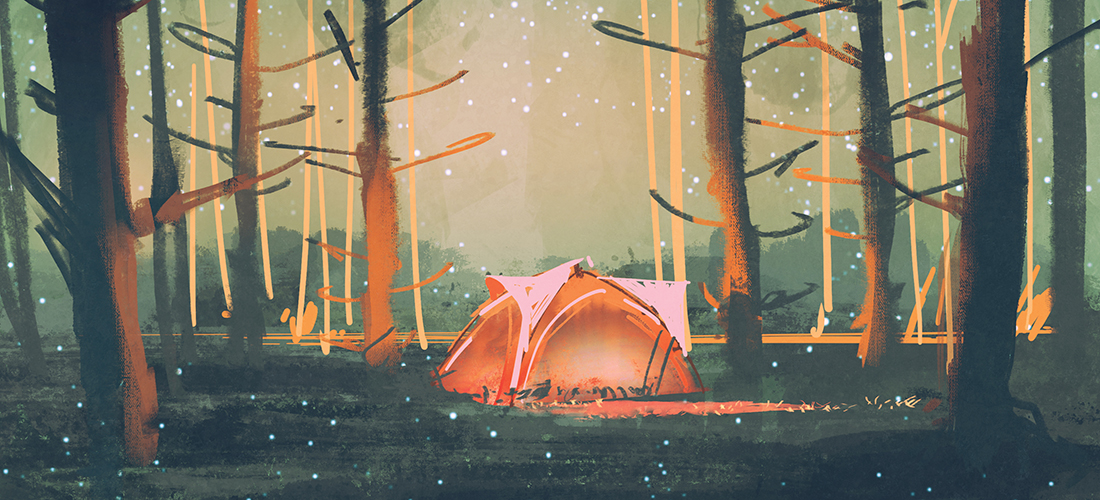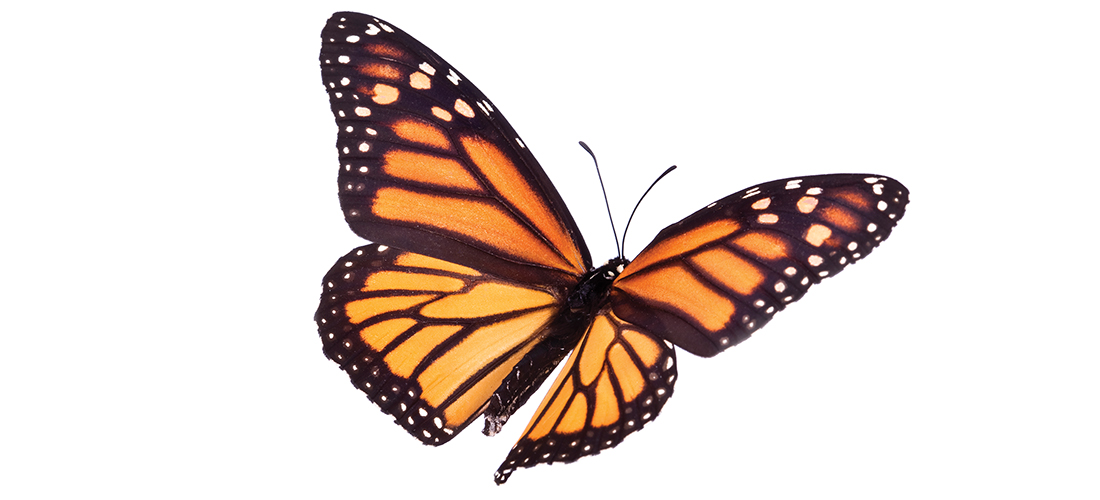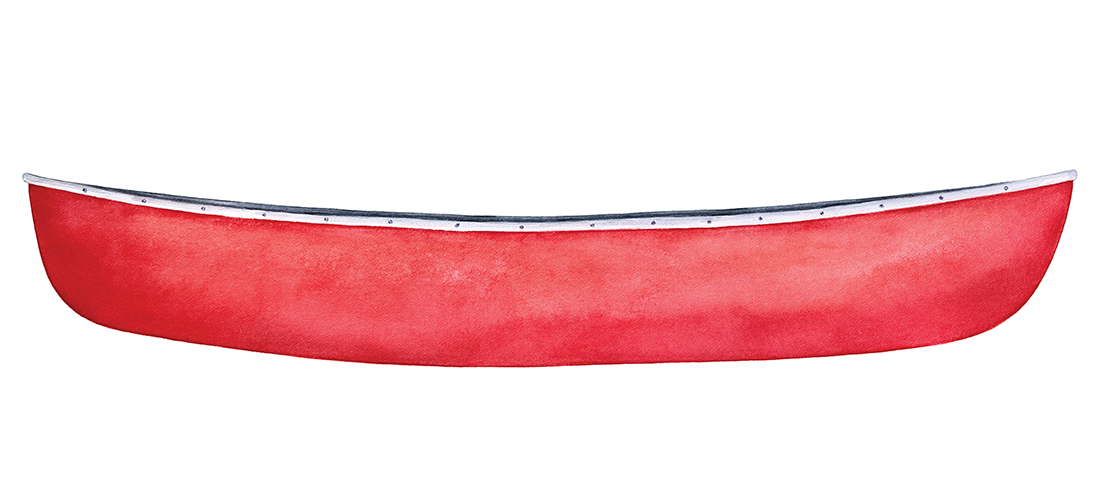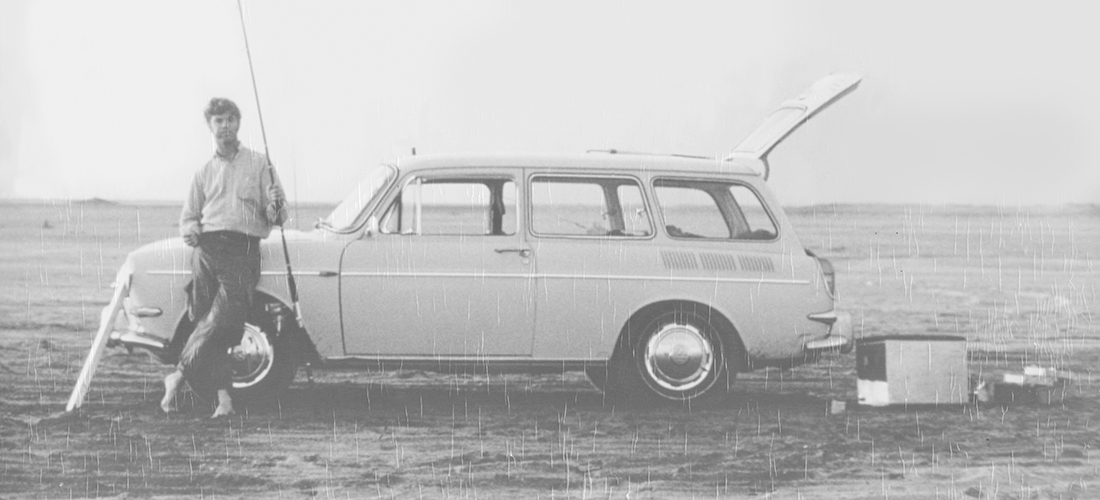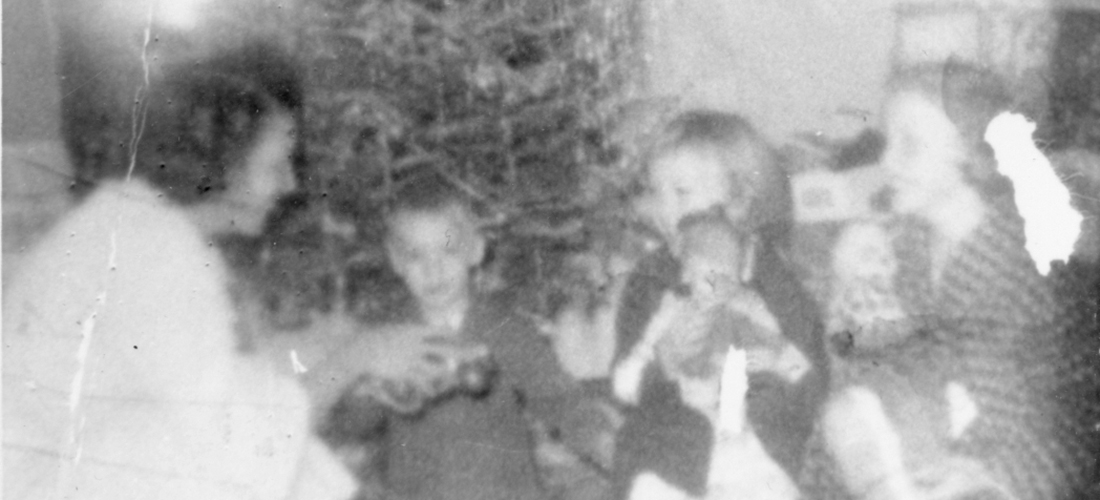Tent Adventures
The Airstream isn’t such a bad idea after all
By Tom Bryant
There was to be a full moon — not just a full moon, but an October harvest full moon. Linda, my bride, and I were at what has become known in our family as our beach house, and it’s often located at Huntington Beach State Park, right below Murrells Inlet in South Carolina.
Beach house is a misnomer in a way, because we pull our little house, actually an Airstream trailer, behind our Toyota FJ Cruiser. The beauty of not having a real location at the coast is that we can take our vacation home with us and then put it up until it’s needed again.
We love the coast in the early fall. There’s just enough edge to the ocean breeze, the bugs are diminished, most of the kids are back in school, and it’s too early for the invasion of the snowbirds, the nickname given to the folks that leave their winter-frosty states up North for warmer climes. The surf has cooled enough to bring in big reds, flounder and other sport fish that will keep me on the beach, happily fishing for hours.
We usually try to get to Huntington several times a year, but October has become a must month for a trip. Sadly, this area has been discovered. In the past, we were able to reserve a site just about anytime we would call; but the spillover from Myrtle Beach, plus our friends from the North, and now-retiring baby boomers who have discovered RV camping fill up the place every week. During the summer season, reserving a site is practically impossible; and even in the off-season, it can be hard to get one.
This week, though, was to be a restful time, kinda laid back, maybe with some bike riding, of course fishing, and naturally we would work in some time to visit our favorite seafood restaurants down in Georgetown. We would absolutely have to budget a day trip to Charleston to check out old familiar places and see if they were still familiar. It was to be a busy but happy 10 days.
Linda and I walked out on the beach right before moonrise to watch the amazing, almost surreal moon ascend from the ocean like an ancient god. A golden magnificent orb to begin with, the moon drifted to a grey-white with the valleys and craters clearly visible. I had carried a couple of low-slung beach chairs with us, and we sat right at the surf line and listened and watched as Mother Nature put on her best show.
There were a few walkers, and a solitary fisherman was trying his luck down the beach; but for the most part, we had the strand to ourselves as we watched the moon get higher, lose its orange glow, and diminish in size. As the tide began to change we headed back to the Airstream and the dessert that we had postponed, being too full after our delicious shrimp dinner.
After dessert, Linda worked on an art project she had brought, and I decided to sit under the awning for a bit and have a cup of coffee. The full moon lit the campground with a soft glow, and I watched as a few walkers took a late stroll before bed. There were several tent campers at the site across from us, and they were sitting around a campfire softly talking as one of them strummed a guitar. It was a peaceful, restful evening.
I watched the young folks having a good time and remembered the days when we used to tent camp. I use the word “we” rather loosely because Linda was never a big advocate of spending a night in a tent. She did it one time. Thinking about those early days reminded me how my camping experiences have changed over my many years sleeping in the great outdoors.
To say they have changed is an understatement. Here we’re camped in the little Airstream with most of the conveniences of home. Our experience today can hardly compare to the years I used an Army surplus pup tent as a kid. The little tent worked fine, though, unless a driving rain drenched the campsite, then the tent leaked like a sieve. I always carried a waterproof duffle bag to stuff everything in that had to stay absolutely dry.
After the pup tent came a waterproof sleeping bag that I won by selling Christmas cards. I completed the requirement of moving the first batch of cards, primarily to family and friends, and received my sleeping bag. That wasn’t the end of it, though. The greeting card company I was dealing with sent another batch of cards, unannounced and unrequested. I was also responsible for selling this bunch. With the second batch came all kinds of threats on the chance that I didn’t complete the sales task. After a call from my father to a company representative, the problem was rapidly solved. I got to keep the sleeping bag and could have kept the cards, but my dad convinced me that the best thing was to pack them up and send them back to the company, collect.
The so-called waterproof bag worked OK if there was only a heavy dew, but any kind of rain would seep through the outer lining, and I would wake up as wet as if I had just gotten out of the bath. There were other problems, too. I was not the only one sleeping under the stars. Outdoor creatures, you know, have a tendency to do the same thing.
One early spring night, I was stretched out in my bag and dozed off after a strenuous day afield. As a precaution against snakes, I had placed a rope around the bag. I had read somewhere, or probably more like it, had seen it on a Roy Rogers western movie at the old Aberdeen theater, that a rope around your sleeping pad would keep out snakes. I can attest to the fact that it worked, no snakes that night. Early that morning, though, as I was really sawing logs, I was awakened with a start: An animal was licking my face. After a few seconds of terror, I discovered that it really isn’t impossible to climb an oak tree in a zipped-up sleeping bag. When I realized that the culprit that tried to eat my face was my trusty companion and watchdog Smut, I climbed down the tree and gave the dog a serious scolding. I believe though that Smut had heard me snoring and was just checking to see if I was all right. Linda will sometimes do exactly like Smut, no licking, just a firm elbow to my arm. Works fine, only difference, I don’t climb trees.
My next camping experiment was with a jungle hammock. It worked great, got me off the ground. Only problem was it was designed strictly for summer. After a winter night hanging between a couple of pines rapidly turning into a Popsicle, I decided to relegate the hammock to summertime use only.
My last piece of camp housing gear was a Eureka four-man tent. It worked great, and I still have it stored in one of my camping closets. Maybe I’ll break the old tent out one of these days and see if I can still rough it.
Naw, not gonna do that. I’ve gotten too used to the good camping life. Plus Linda would stay home. PS
Tom Bryant, a Southern Pines resident, is a lifelong outdoorsman and PineStraw’s Sporting Life columnist.

